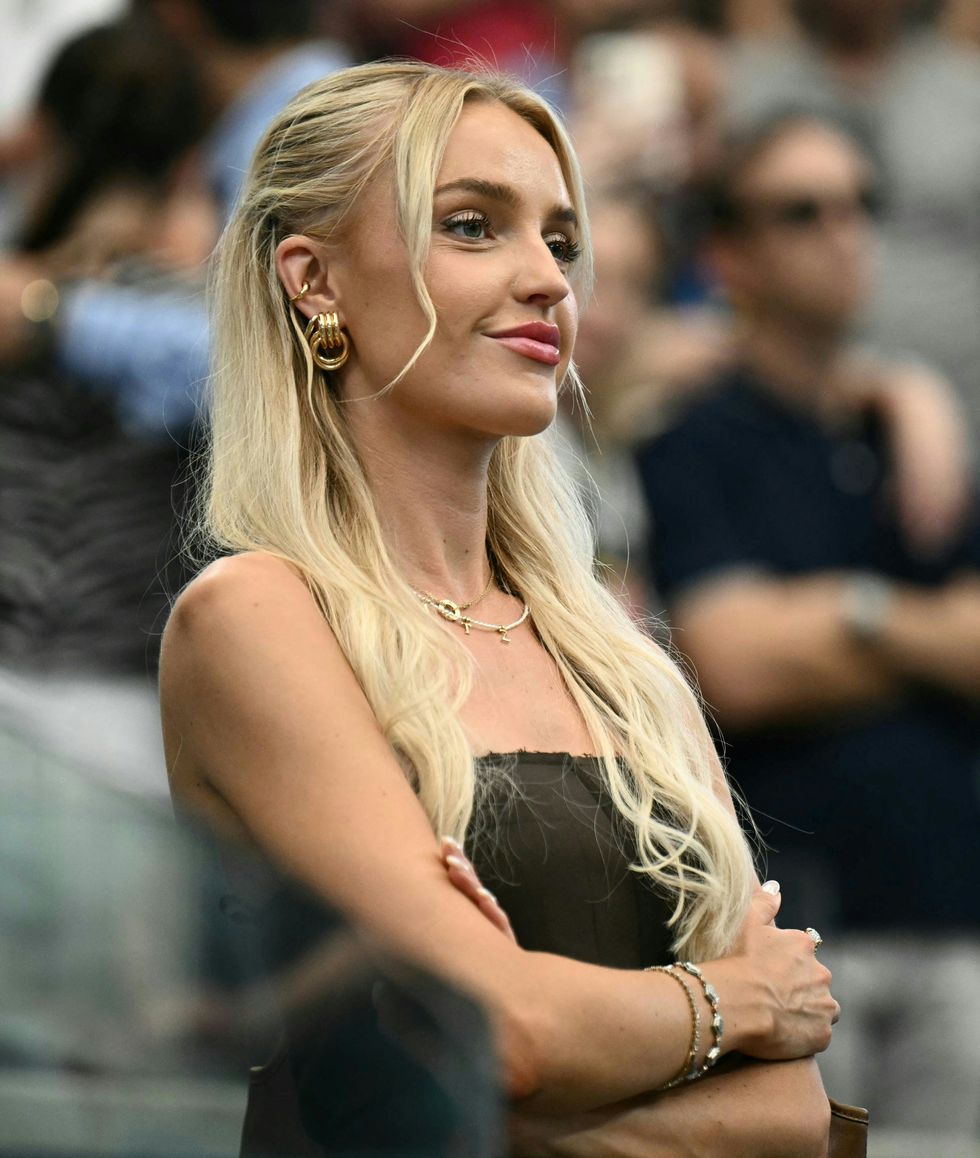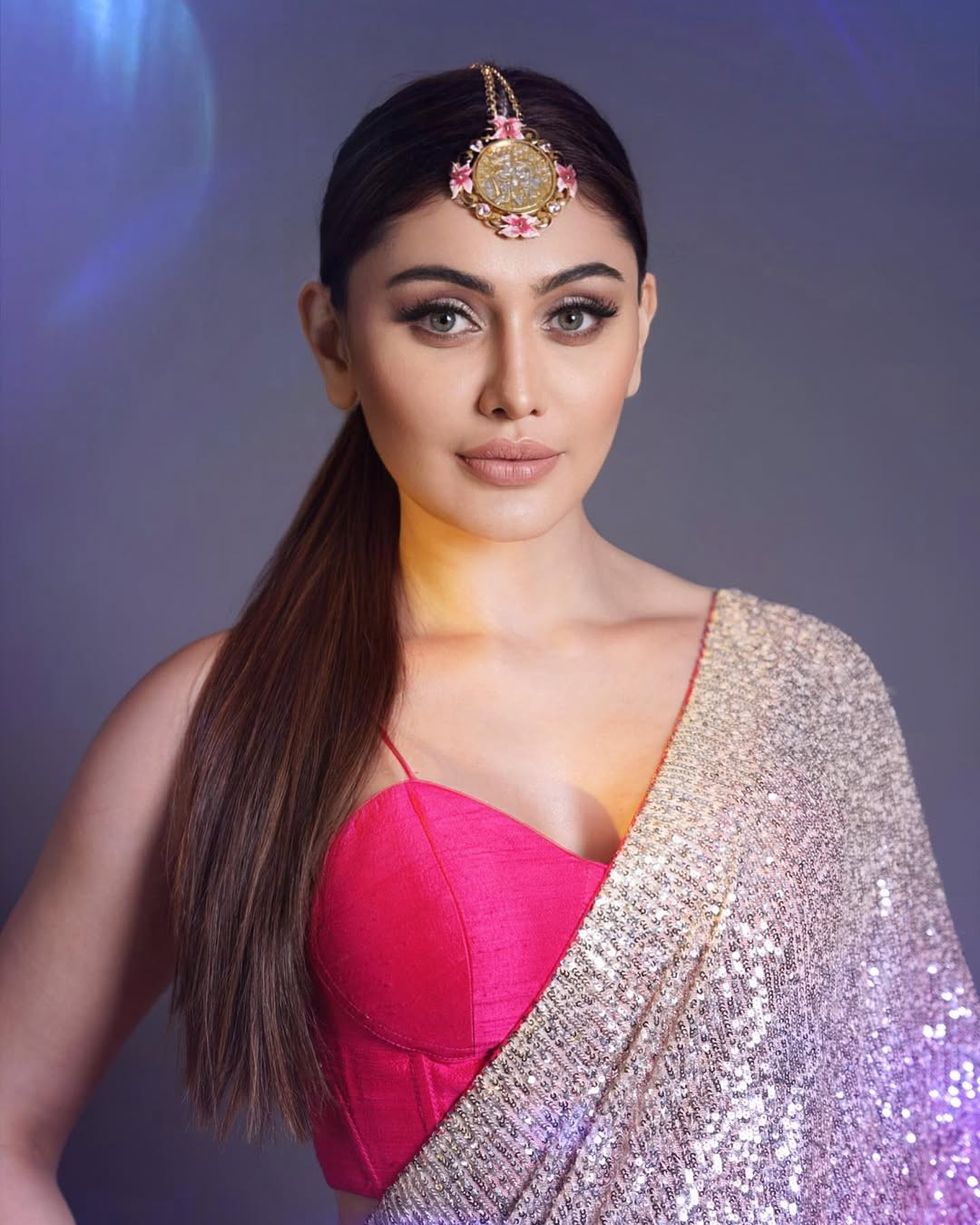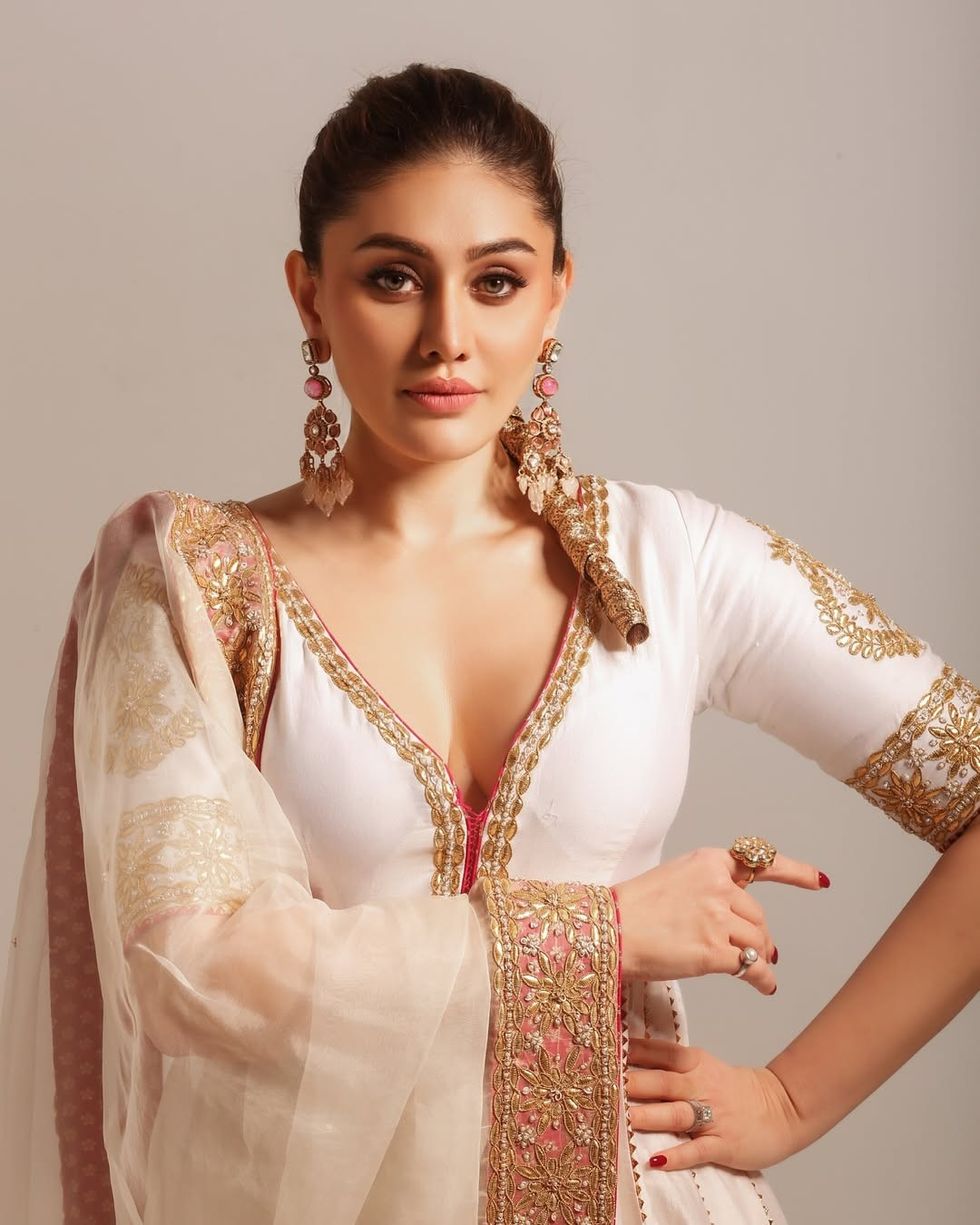DIRECTOR ANUP SINGH ON THE SONG OF SCORPIONS, AHEAD OF ITS LONDON FILM FESTIVAL SCREENING
A MOVIE I am looking forward to seeing at this year’s London Film Festival is The Song Of Scorpions, which has the deadly combination of acclaimed director Anup Singh, international star Irrfan Khan and top Iranian actress Golshifteh Farahani. The desert-set drama revolves around a healer of scorpion bites and a camel trader who is besotted by her. I caught up with Anup Singh to find out more about the fascinating film.
What inspired your latest film The Song Of Scorpions?
A dream, a nightmare, I don’t know what to call it. The images were frightening and then strangely, reassuring. An endless spread of burning sand, which became purple, crystalline ash and then slowly metamorphosed to a rough, old shawl that was yellow, purple and blood red. I saw a man, half-buried in a sand dune, awake as though from a long sleep and trying to rise. In the distance, I could see a woman walking away and in the wind I heard a gentle song. This dream spoke to me immediately.
How did it speak to you?
I knew that subconsciously I was carrying a profound dread within me for a long time. For years now, we awake almost daily to some inhuman violence in the world. I felt these images told me something about the violence of our time. My attempt to understand what my dream was saying to me led me to write the script.
Tell us about the film.
My dream images suggested an almost mythic storyline, so I started imagining characters that would bring together these images in some consonance with emotions and thoughts ignited within me. I thought of a defiantly independent tribal woman living deep in the Rajasthan desert, Nooran. She is learning the ancient art of healing from her grandmother, a revered scorpion-singer. She heals all kinds of ailments, including scorpion stings, by singing. When Aadam, a camel trader, hears Nooran sing he falls desperately in love. But even before they can get to know each other, Nooran is poisoned by a brutal treachery that sets her on a perilous and mystical journey to avenge herself and find the song to heal her. It is a fable of twisted love, revenge and redemption.
What was the biggest challenge you faced as a director making this film?
To find a way of shooting that would not force emotions into the audience. To take each shot respecting not only the drama, but also the inner dignity of the characters as well. To find within each composition as well as in the flow of the whole film a relationship with the landscape, where it could seem to mirror feelings of the characters, but at the same time remain independent, distant, almost a witness. That balance was very important for me.
What do you mean?
I wanted the audience to start imagining the film even as they were watching it. To live the situation, landscape, pain, doubts and joy of the characters within themselves rather than the film telling them at each point what they must feel. Finding that balance was my biggest challenge in making this film. I was very happy and grateful that not only my cinematographer, but the set designer, costume designers, whole crew and even the cast trusted me and helped me find that balance.
You teamed up with Irrfan Khan again after your acclaimed film Qissa, what do you most like about him as an actor?
That he never tries to manipulate the audience. He never performs the emotion, but suggests the effects the emotion might have on the character. He evokes, never shows. This is the quality, I think, that binds him so deeply, emotionally with his viewers. He doesn’t present the emotion, but allows the viewers to imagine deep within themselves the character’s state of being. And thus they live the expanse of the feelings within themselves. They don’t simply watch a performance, but also live the character within themselves. There are very few other actors who have the artistry to achieve that or the courage to attempt it.
How did you zero in on Golshifteh Farahani for the role?
We met at an international film festival where Qissa was being screened. She, Irrfan and I spent the next two days talking non-stop about films and acting. Talking to her, I soon realised that Golshifteh’s journey as a person and artist in many ways mirrors that of Nooran, the female protagonist in The Song of Scorpions.
Is that because Golshifteh lives in exile from Iran?
Yes, her each breath is intensely marked by the pain of separation from country and family. Wherever she lives now, she’s an outsider. But instead of allowing this loss of identity to embitter or limit her, she has chosen to create multiple other possibilities of herself. Painfully, often traumatically, but always passionately she is always creating herself anew. This creative passion is precisely what drives Nooran, the female protagonist of The Song of Scorpions. Nooran, too, has to journey into an exile from her own body and identity, fight her primal instinct to seek vengeance and finally learn to celebrate herself. The more time I spent with Golshifteh, the more I learned about Nooran. Irrfan and I both agreed that Golshifteh was the ideal actress to play Nooran.
What is your favourite moment in the movie?
There’s no one moment for me. What I’m very happy about is that we’ve managed to create a subtle, but tense and unexpected rhythm of changes throughout the course of the film. I don’t only mean in terms of the drama, but in the very flow of the performances, the shadows and lights, the lines and textures and colours of the landscape and the costumes. All the elements of the film tense, stretch and grow along with the story to lead us to the release of the end. I’m very pleased with this nuanced quality of suspense the film has attained.
Are you looking forward to the movie screening at the 2017 BFI London Film Festival?
My parents, sisters and some of my dearest friends live in London. I’m very happy and nervous, of course that they’ll finally get to see the film. And I started my career as a filmmaker with the BFI. They were the co-producers of my first film, The Name Of A River. It’s a moving moment for me to be invited to bring my new film to the festival and it gives me a sense of homecoming.
What can we expect from you next?
I’ve just completed a new script, which I’ve specifically written for Irrfan Khan. He’s always told me that my films are really about women. Well, this film is about a man. But it’s about a man who likes to dress up as a woman. Hopefully, this will be my next film.
What kind of movies do you enjoy watching?
I watch all kinds of movies, Hollywood, Bollywood experimental, art etc. I like almost all the films of the Japanese filmmakers, Mizoguchi and Yasujiro Ozu. Among the Indian filmmakers, I keep returning to the films of Ritwik Ghatak and Guru Dutt.
What makes for good cinema?
For me, what moves me about cinema is that it’s the only art we have that confronts and questions us physically, conceptually, spiritually about how we live within the limits and possibilities of time. For me, any film that manages to do that is a gift.
What inspires you?
As a filmmaker, it’s really very small things that affect me; the wind loosens a leaf from a tree and plays with it for great distances before letting it touch the earth. The look on a face when touched by the first drops of rain. The small dances of a body in a fast-moving train. The pain of a hand becoming a fist. The sudden flare of joy in a friend’s eyes.
Why do you love cinema?
A good film never reveals itself fully. One can return to it repeatedly to the end of one’s life and it still holds some mystery. It teaches us, I think, how to look at nature, other people and life. It’s tragic to believe that we can entirely understand and then categorise anything once and for all. Cinema teaches us that there is always some quirk of life that eludes us.





 Riddle is frequently seen supporting him courtside, including at the 2025 WimbledonGetty Images
Riddle is frequently seen supporting him courtside, including at the 2025 WimbledonGetty Images She has also used her platform to promote the sport among younger audiencesGetty Images
She has also used her platform to promote the sport among younger audiencesGetty Images Morgan Riddle is an influencer and media personality with over 1 million followersGetty Images
Morgan Riddle is an influencer and media personality with over 1 million followersGetty Images












 Shefali Jariwala death raises concern over anti ageing drugs and self medication Instagram/shefalijariwala
Shefali Jariwala death raises concern over anti ageing drugs and self medication Instagram/shefalijariwala  Anti ageing pills found at Shefali Jariwala home spark health safety debate Instagram/shefalijariwala
Anti ageing pills found at Shefali Jariwala home spark health safety debate Instagram/shefalijariwala